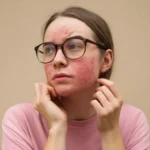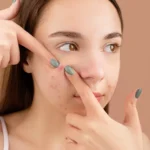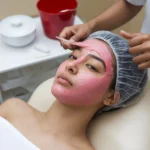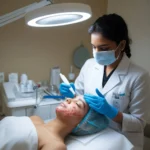Why Does Hair Fall Occur? Effective Ways to Stop Hair Thinning and Hair Loss
- Home
- hair re-growth
- What to Do If Hair Fall Starts?
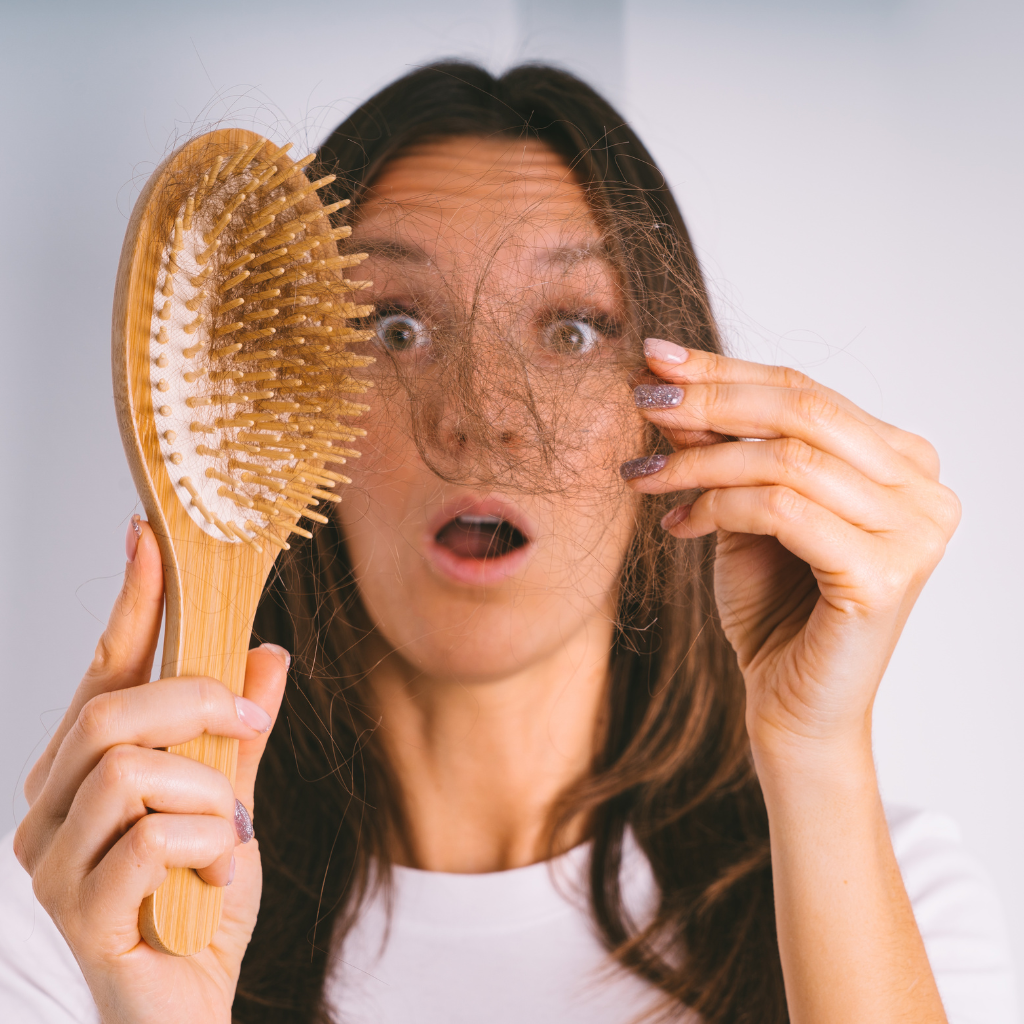
When you first notice hair fall or hair loss, it’s important not to panic. Instead, take strategic steps to address the issue. Begin by reviewing your current hair care practices and diet—are you giving your scalp and hair the nutrients and gentle care they need? If your hair fall isn’t stopping or you notice sudden shedding, it’s time to explore what steps you can take next. Consulting a dermatologist (often called a hair fall doctor) can uncover underlying causes and offer tailored treatments. By implementing simple lifestyle changes and exploring medically approved treatments, you can greatly impact the health of your hair.
What Causes Hair Fall and How to Get Rid of Hair Fall?
To effectively combat hair fall, recognizing its symptoms and underlying causes is crucial; your daily habits, ranging from diet to stress management, play a critical role in maintaining healthy hair. If you notice significant thinning or hair loss, talk to a healthcare professional about possible health issues that may be causing it. Below, we delve into common causes and what you can do about hair falling out.
Understanding the Symptoms and Causes of Hair Loss
Understanding symptoms such as unexpected thinning or bald patches—and underlying causes like genetic factors, hormonal imbalances and nutritional deficiencies—helps you tackle hair fall head‑on. Conditions like androgenetic alopecia (pattern hair loss) are largely hereditary and can affect both men and women. Hormonal changes (thyroid issues, pregnancy, menopause) and nutritional deficiencies (iron, protein, vitamins) are also frequent culprits. Healthy scalp and follicle function are key: inflammation, stress or illness can disrupt the hair‑growth cycle and cause hair fall.
Several key factors contribute to hair fall, including:
- Genetic predisposition: Hereditary‑pattern baldness is common among both males and females.
- Hormonal changes: Thyroid abnormalities, pregnancy and menopause can trigger hair thinning.
- Nutritional deficiencies: Lacking iron, protein, zinc or biotin can impair hair growth and structure.
These factors often overlap with lifestyle influences, so it’s important to identify them early to formulate an effective plan to control hair fall.
How Lifestyle Choices Affect Your Hair Health
Your lifestyle greatly affects hair growth and hair fall. Here are three key areas where daily choices can promote healthy hair or contribute to hair loss:
- Nutrition: A nutrient-rich diet with iron, zinc, protein, and biotin helps maintain healthy hair follicles. Poor nutrition can lead to temporary hair loss as your body prioritises other functions.
- Hair Care Practices: Frequent use of harsh treatments and heat styling can damage the scalp and hair. Use sulfate‑free shampoos and gentle products to avoid breaking already fragile strands.
- Stress Management: Chronic stress can push hair follicles into the resting (telogen) phase, leading to telogen effluvium. Managing stress through exercise and meditation can reduce shedding and improve circulation to the scalp.
When to See a Doctor for Hair Loss
If your hair loss comes on suddenly, appears in patches, or is linked with redness or flaking, it’s best to see a dermatologist or trichologist. Conditions such as androgenetic alopecia, alopecia areata (autoimmune), thyroid disease, anaemia or other health problems can cause ongoing hair fall. A doctor may conduct blood tests or scalp biopsies to identify the cause. Early intervention can stop hair loss and, in some cases, regrow hair.
Remember to ask questions like what to do if hair fall is too much or what you can do about hair falling out during your appointment. Hair fall control often depends on addressing underlying conditions such as hormone imbalance, anaemia or side effects from medications.
How to Manage and Treat Thinning Hair at Home
You can reduce hair fall by adopting specific home treatments that nourish and strengthen your hair. A nutrient‑rich diet and proper hair care are essential for thick hair, but there are also natural remedies that can help you control hair fall at home.
Effective Home Remedies for Hair Fall
Managing hair fall involves integrating natural remedies known to strengthen hair follicles and stimulate growth. Here are three home solutions:
- Oil Treatments: Scalp massage with coconut, olive, or almond oil enhances blood flow and nourishes hair roots; warm the oil and leave it on for an hour before rinsing.
- Herbal Shampoos: Shampoos containing aloe vera, neem and shikakai cleanse the scalp gently and have antimicrobial properties that can reduce dandruff and irritation.
- Protein‑Rich Masks: Homemade packs with eggs, yoghurt or bananas deliver essential vitamins and minerals that strengthen hair shafts and improve texture.
These remedies are safe and can complement other hair fall control measures. However, if hair fall does not stop, consult a dermatologist for additional treatments.
Role of Diet and Nutrition in Hair Growth
To maintain a strong hair shaft and prevent hair fall, prioritise proteins (lean meat, fish, soy), iron (spinach, lentils, red meat), zinc (nuts, seeds, seafood), and vitamins A, C, D, E and B (carrots, sweet potatoes, citrus fruits, almonds, whole grains). Hair is made of keratin (a protein), and these nutrients support follicle growth and healthy scalp function. Drink plenty of water and avoid crash diets that can trigger telogen effluvium.

Best Oils and Hair Products for Thinning Hair
Selecting the right oils and products is vital when hair fall is too much. Consider these options:
- Rosemary Oil: Studies show rosemary oil may promote hair growth similarly to minoxidil (a topical hair loss medication). It improves circulation and reduces inflammation.
- Pumpkin Seed Oil: Containing omega-3 and omega-6 fatty acids, this oil has been associated with greater hair density in cases of androgenetic alopecia.
- Anti‑Thinning Shampoos: Shampoos containing ketoconazole (an antifungal that reduces scalp inflammation) or biotin strengthen hair and reduce breakage. Look for products labelled “hair fall control” or “anti‑hair fall” for added benefits.
What Are the Best Ways to Stop Hair Loss?
To stop hair loss effectively, explore medically backed treatments along with home remedies. Questions like how to stop hair fall for men or how to control hair fall for women can often be answered by combining professional therapies with lifestyle changes. One option is low‑level laser therapy (LLLT), a noninvasive treatment recommended by dermatology clinics for hereditary hair loss.
Low‑Level Laser Therapy: Does It Work?
LLLT devices, such as helmets or handheld combs, deliver specific wavelengths of light that stimulate hair follicles, enhance circulation, and reduce inflammation. Evidence suggests that regular sessions (typically two to three times per week) over several months can thicken hair and slow hair fall. It’s especially useful for androgenetic alopecia and telogen effluvium, but results vary. Consistency and adherence to treatment schedules are essential to see benefits.
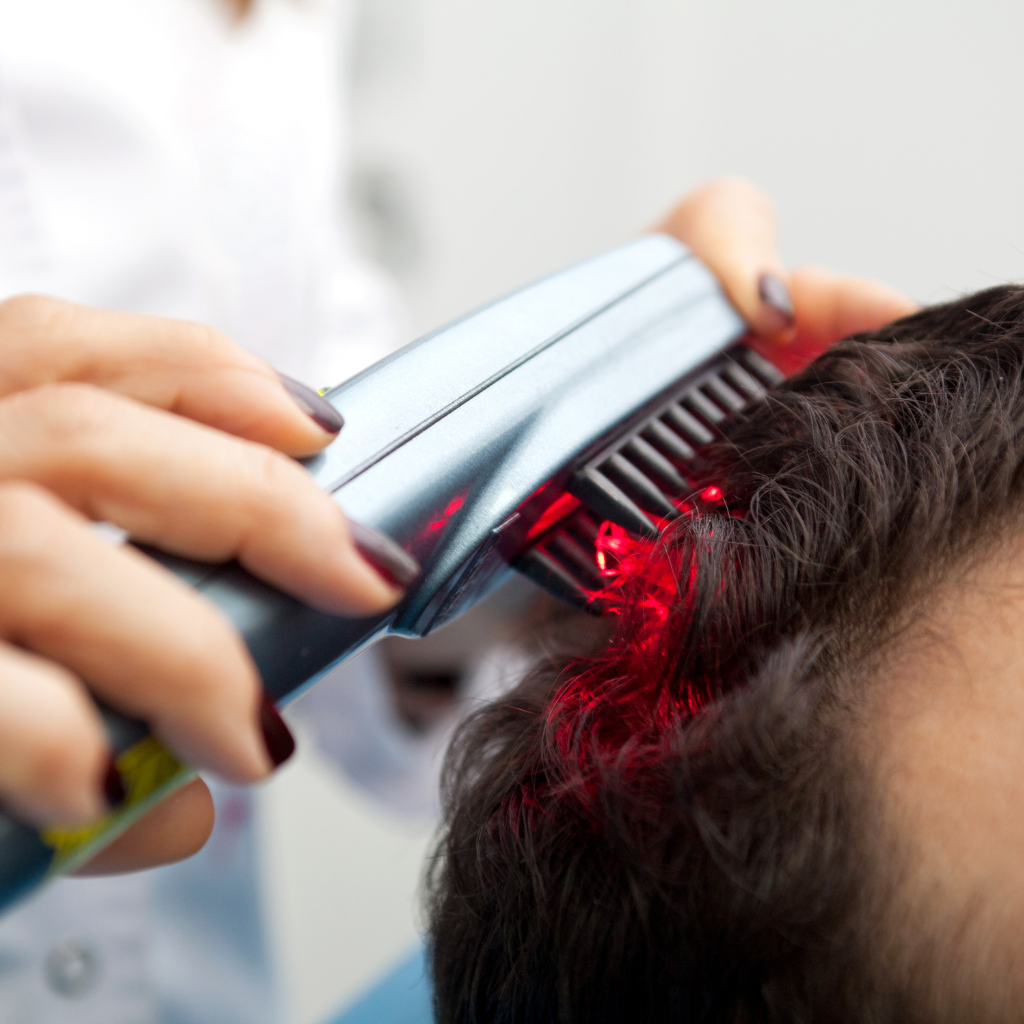
Understanding Different Types of Hair Loss
Identifying your type of hair loss is crucial for selecting appropriate treatments for hair fall. Androgenetic alopecia causes gradual thinning on the crown and can be treated with minoxidil or finasteride. Telogen effluvium, commonly caused by stress or illness, usually resolves within six months once the underlying trigger is managed. Alopecia areata, an autoimmune disease, leads to patchy hair loss and may require corticosteroids or immunotherapy. If you’re unsure whether hair fall is normal or excessive, see a dermatologist immediately.
Treatment Options Your Doctor May Suggest
A doctor may recommend one or more of these treatments:
- Medications: Topical minoxidil (Rogaine) stimulates growth and slows hair loss. Oral finasteride (Propecia) reduces DHT, a hormone that shrinks hair follicles, but is prescribed primarily for men. Other options include spironolactone or dutasteride.
- Hair Transplant Surgery: A dermatologist transplants hair from denser areas to bald patches. This can produce permanent coverage but carries risks such as bleeding and infection.
- Lifestyle Modifications: Improve nutrition, manage stress and switch to gentle hair products. These changes enhance the effects of medical treatments and help maintain results.
Before starting any hair loss treatment, ask your doctor if it’s appropriate for your condition. Treatments may differ for men and women because of hormonal influences on hair loss.
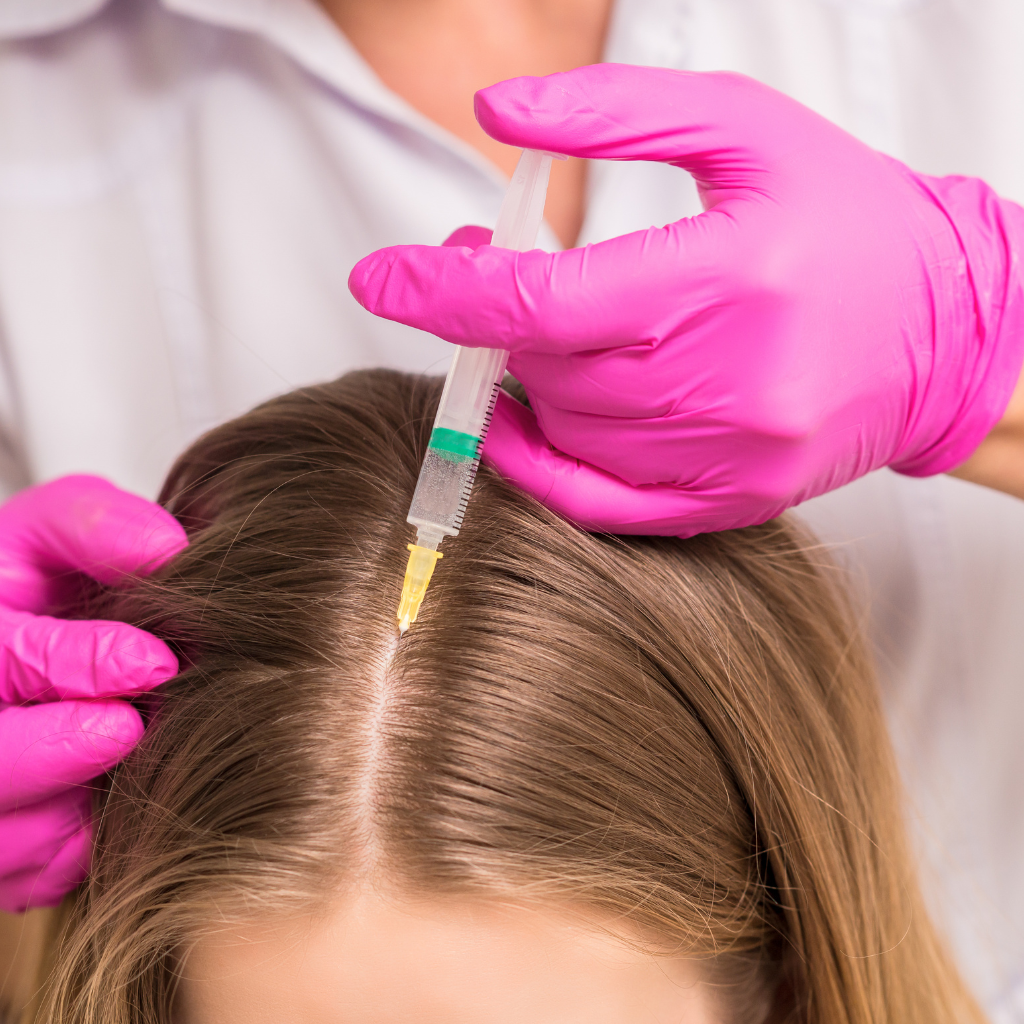
How Can You Promote New Hair Growth?
In addition to stopping hair fall, focus on promoting new hair growth. The following nutrients and practices create a healthy scalp environment and maximize hair regrowth.
Vitamins and Minerals Essential for Hair Growth
Your body needs certain nutrients to create new hair follicles. In women, low iron levels are one of the most common causes of hair loss. Vitamin D helps generate new follicles; low levels are linked to alopecia. Zinc aids hair tissue repair and keeps oil glands functioning. A multivitamin that includes these nutrients can address deficiencies and support hair regeneration.
How to Maintain Good Hair Health
Maintaining a healthy scalp helps prevent hair fall and encourages growth:
- Regulate Washing and Product Use: Overwashing can strip natural oils and damage hair. Wash two to three times a week with a gentle, sulfate‑free shampoo, and limit heavy styling products that clog follicles.
- Nutrient‑Rich Diet: Follow a balanced diet rich in vitamins, along with zinc, iron, and omega-3 fatty acids. These nutrients support both hair follicles and overall health.
- Scalp Massage: Daily scalp massage increases blood flow and nutrient delivery to the hair follicles. Use your fingertips and gentle circular motions for three to five minutes.
Conclusion
If you’re experiencing hair fall, act swiftly. Adopt a diet rich in hair‑healthy nutrients, choose gentle hair care products and manage stress through exercise and relaxation. Consider proven treatments like minoxidil, finasteride, hair transplant surgery or low‑level laser therapy. Most importantly, consult a dermatologist early to identify the cause and tailor a plan for your specific needs. With a proactive, multifaceted approach, you can halt hair thinning and foster healthy hair growth.

